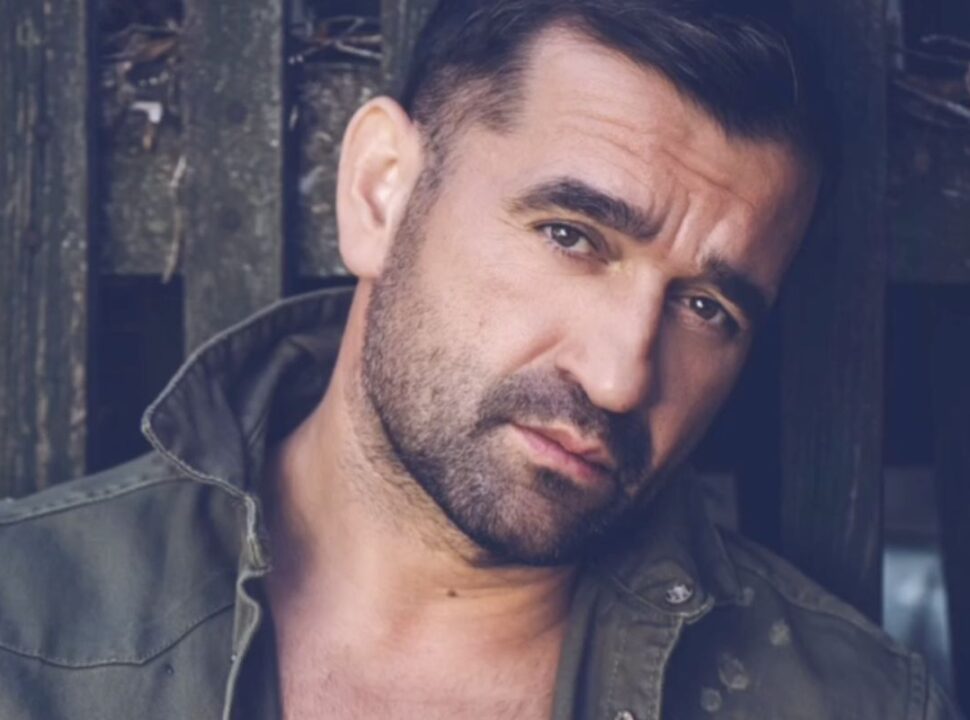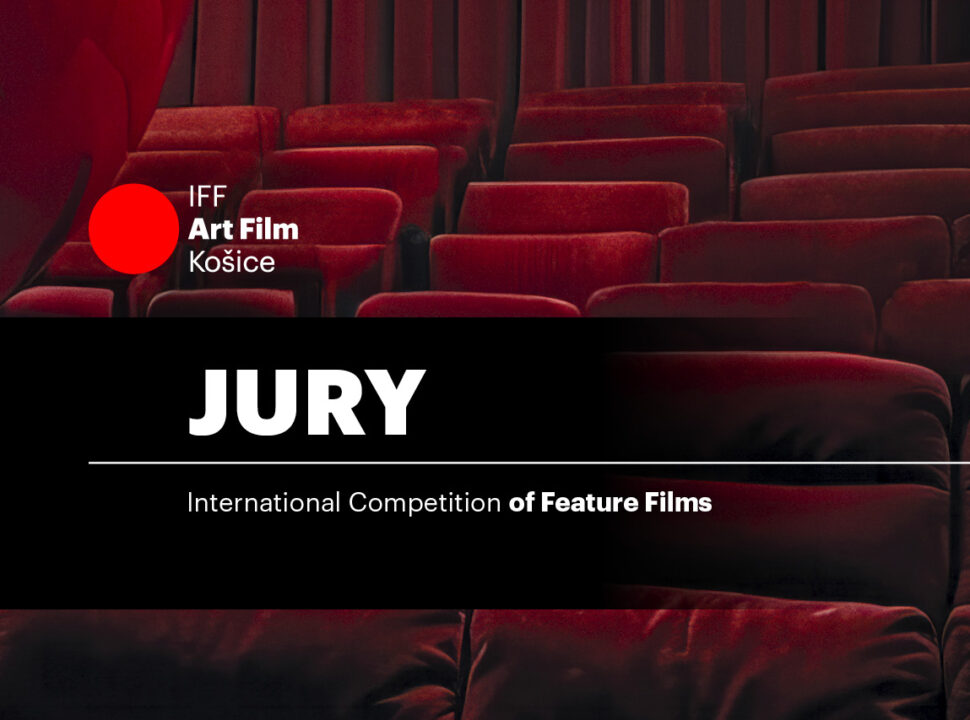“American cinemas earn more from popcorn and soft drinks than they do from the films themselves. That’s why they make movies where munching and crunching doesn’t get in the way," says Russian director Andrei Konchalovsky, the latest recipient of Art Film Fest’s Golden Camera.
Your latest work is The Nutcracker in 3D. Were you attracted by the new technology?
New technology is worthless! It doesn’t change a thing, and that includes 3D. That said, I have to admit that video and digitalization changed cinema considerably. The camera shrank substantially and we can make shots as long as we want, which helped to form the new language of film.
Then why did you film Tchaikovsky’s Nutcracker in 3D?
It’s a highly spectacular ballet, essentially a fairy-tale for children of all ages. But there are many things you can’t do with 3D – the technology is Disneyland.
You made your feature debut with The First Teacher in 1965. Three years later you wrote the screenplay to Andrei Tarkovsky’s Ivan’s Childhood. Which attracts you more – screenwriting or directing?
Both fields interest me equally. I got used to writing my own scripts, since I’ve still yet to find a screenwriter whose work I haven’t had to adapt considerably.
Have you determined why that is?
Probably because I have my own world, my own philosophical concept, and that’s a very difficult thing for anyone else to create. A film belongs to its director, and no one else – despite being a team effort. Andrei Rublev isn’t my film, nor is Ivan’s Childhood, since it was Andrei Tarkovsky who directed them.
Tango & Cash isn’t either, as I didn’t write the screenplay.
In the United States you’ve been doing work for television. No funds for theatrical releases?
Shooting an independent film there is very demanding. I opted for television because American TV studios produce serials that are more intelligent than Hollywood films, thanks to their excellent writers. Hollywood, on the other hand, hasn’t seen a good screenwriter in ages. Instead of intelligent films, they keep churning out sequels to Spiderman, Ironman, X-Men and other blockbusters.
Do you rank your own films in your head?
I’m well aware which were mistakes and where I went wrong. Of course I won’t be revealing any of that to you. To assess one’s own films is like grading one’s own loves, disappointments, breakups and hatreds. I’ve had five wives, and every one of them was stunning and wonderful. I couldn’t possibly say which was better than the others. I know which wasn’t absolutely perfect. But I’m not telling.
You’ve won a Golden Nymph, a Crystal Globe and an Emmy, to name but a few. What do awards mean to you?
Every award means the same thing – that someone likes what you do, what you’ve made. And that really is a tremendously good feeling. Artists need praise and awards, like every child, like every adult. Not to mention that most artists are conceited men…
But you’ve never won an Oscar, despite multiple nominations for Runaway Train…
I wouldn’t say it’s something I pine for day and night. Even if I certainly could have won that one. But how many great artists never won an Oscar? Take Tolstoy, for example.
Jena Opoldusová



